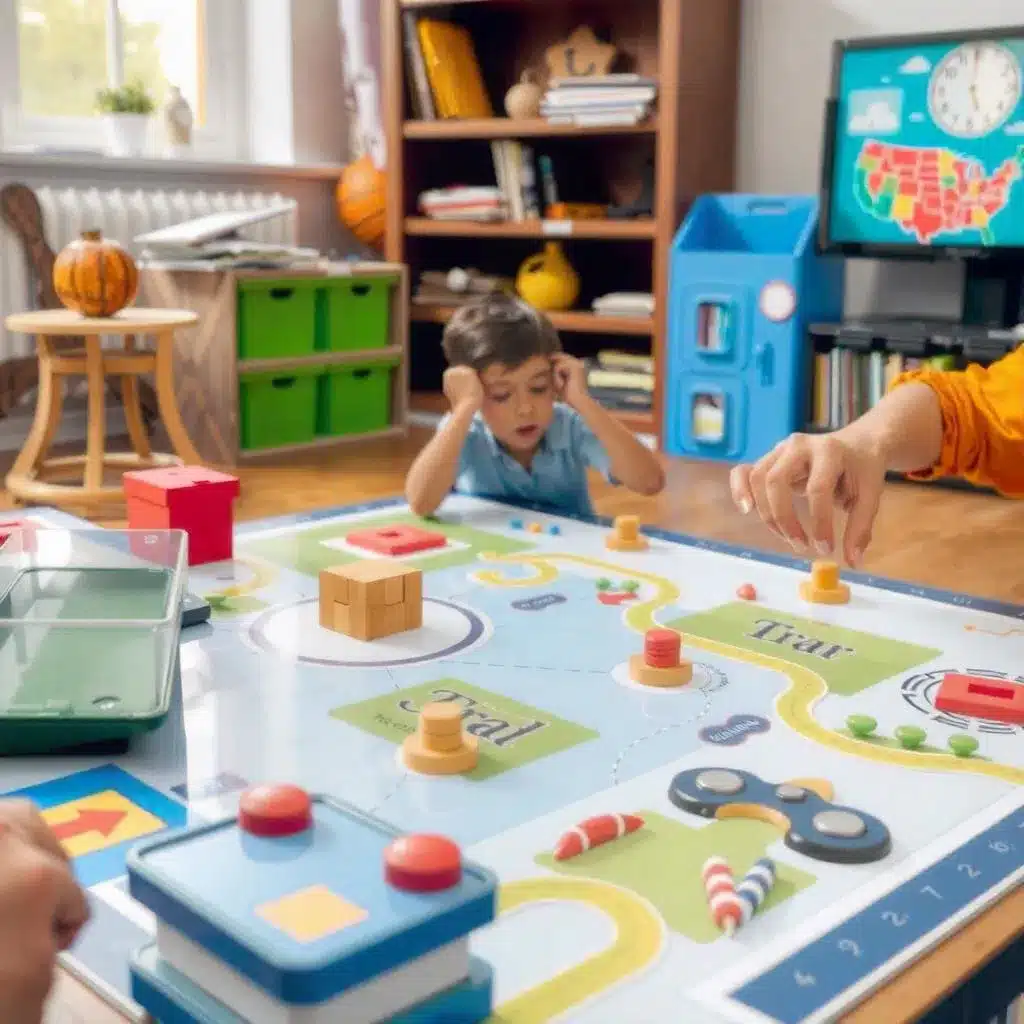In modernity, educational games for kids are an effective solution for children’s early learning and development. These interactive games designed by Bini Games changed conventional education to an engaging adventure. As they’re made with precision, these games ensure that your child learns in the gaming experience, where they effectively acquire new knowledge while being amused.
The Benefits of Educational Games for Early Cognitive Development
Many learning games can promote a child’s cognitive abilities while offering much more than entertainment. When they engage with these educational games for kids, they develop critical thinking as they navigate obstacles and make decisions. For example, learning apps provided by Bini Games feature colorful visuals with learning objectives that’ll help children master simple math or basic vocabulary through peaceful gameplay.
These games also improve memory retention and a child’s focus. Interactive games require active participation that helps toddlers keep their focus for longer. The immediate feedback in educational games provides correct answers and guides children when they make mistakes. In this way, they have an optimal environment to learn from their own errors they made.
How to Choose the Right Educational Game
To decide on the most effective learning option for your child, you’re required to include some factors. These games must be age-appropriate and aligned with a child’s stage in development. For a younger one, simple matching games and problem-solving activities are more influential in terms of learning. However, an older one will benefit from more complex tasks that require some critical multitasking skills. If you are looking for engaging games for kids that also incorporate Christian values, there are some great Bible game apps available that both stimulate the mind and teach religious tenets.
Take a look at these educational games for kids —they feature entertainment and make sure that learning objectives are introduced to the gameplay. Their gaming options adapt to various learning speeds that allow children to progress at their own pace and continue being motivated and gaining rewards.
Incorporating Educational Games at Home and in School
The integration of teaching games into both households and schools could ensure that your little child has an optimal learning experience. Parents can limit screen time for sessions in gameplay that double as learning time to make education an important part of a lifelong routine.
When used correctly, these games become a handy solution for your child’s early development. They create positive associations with learning, build confidence through rewards, and prepare children for future socialization. It’s also critical to find an appropriate screen time and an optimal game that aligns with your educational goals, providing amusing factors that make them effective.


